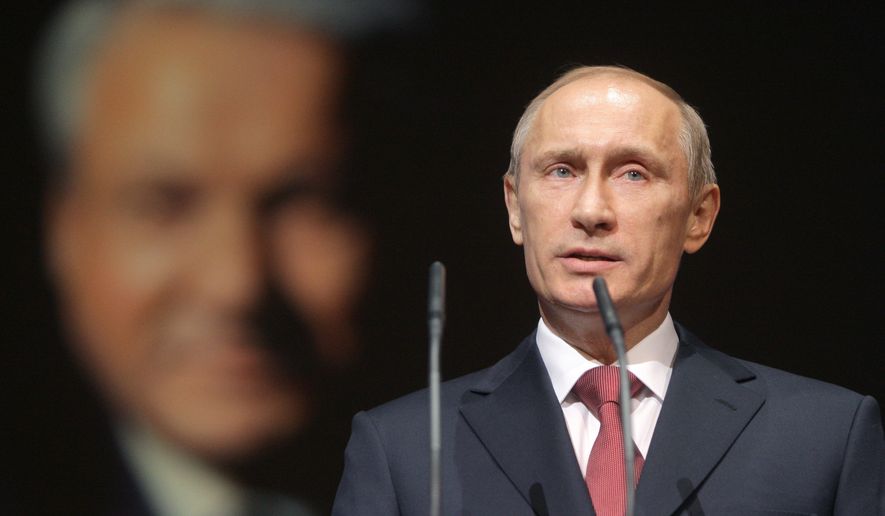This is the second of a two-part series marking the second anniversary of the Russian invasion of Ukraine. Part one features an interview with war correspondent Yaroslav Trofimov.
Through the lens of the Russia-Ukraine war, now about to enter its third year, the triumphal optimism of the early 1990s appears somewhat delusional. In those heady days of democratic revolutions and new market economies, U.S. political leaders and commentators believed Russia could join the West. Political pluralism, rule of law and capitalism had never flourished in the Soviet Union or the Russian Empire before it, but this was “the end of history.”
The 1990s wrought disaster for ordinary Russians — but not for the oligarchs who built ill-gotten fortunes — setting the stage for the return of authoritarian rule to reestablish state power and reverse the many humiliations to Russia’s global standing. As 1999 came to a close, President Boris Yeltsin appointed the relatively unknown (outside Russia) Vladimir Putin as acting prime minister, giving Mr. Putin an advantage over rival politicians seeking the presidency. Mr. Putin won the presidential election the following spring.
Over the past two and a half decades, Russia under Mr. Putin — and for a brief period Dmitry Medvedev — and the United States under five presidential administrations could not overcome a fundamental dissonance about how each viewed the other’s role in the world. Institutions such as NATO and the European Union, seen in the West as bulwarks of democracy, human rights and economic prosperity, were viewed with hostility by Mr. Putin, who believed an independent Ukraine had no right to join them.
Moreover, each side grew alienated by the other’s foreign policy. Mr. Putin objected to the U.S. invasion of Iraq in 2003 and intervention in Libya in 2011, to name two issues. The United States chided Russian wars in Chechnya, Georgia and Syria.
In this episode of History As It Happens, historians Michael Kimmage and Mark Galeotti discuss Mr. Kimmage’s new book “Collisions,” which traces the origins of the current war to the clash of worldviews separating Washington and Brussels from Moscow. After the Maidan Revolution of 2014, Ukrainians made clear their future would be with the West. President Victor Yanukovich fled to Moscow. Mr. Putin immediately annexed Crimea. In his drive to dominate Ukraine, in Mr. Kimmage’s narrative of events, Mr. Putin viewed himself as at war with a hostile West.
History As It Happens is available at washingtontimes.com or wherever you find your podcasts.




